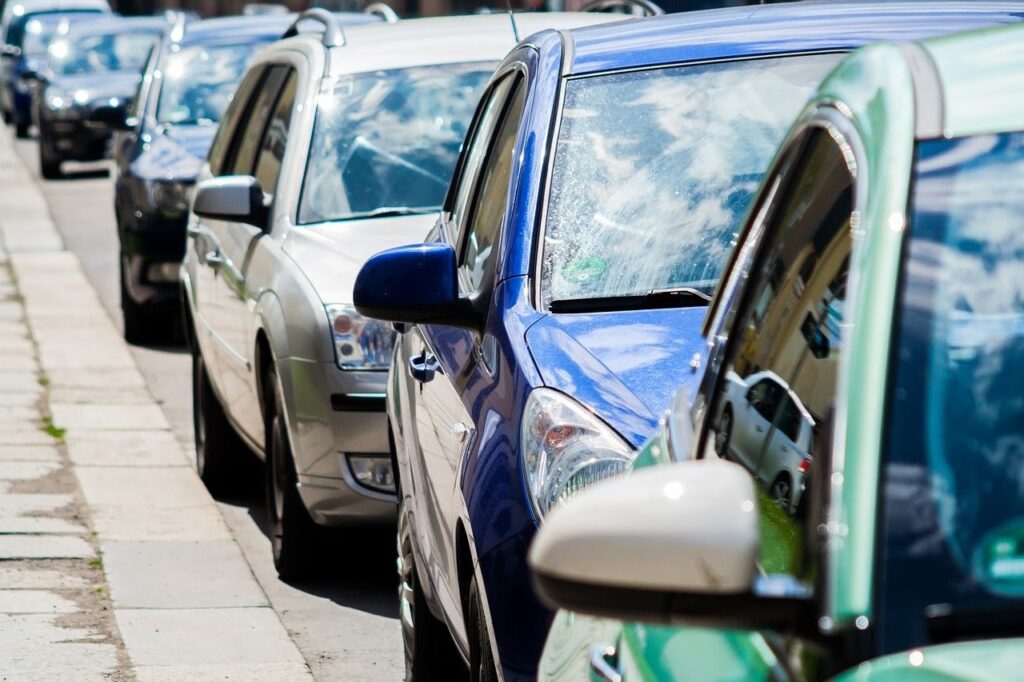ENERGY PRICES TO RISE BY 54% IN APRIL – ELECTRIC CAR OWNERS FEEL THE PINCH

According to Ofgem, electricity and gas bills are set to soar this April by 54%. 22 million UK customers will see an unprecedented rise, with some forking out between £693 to £708 more per year.
The latest news has come as a blow to electric car owners. Last year electric car sales rose to one in six registrations, says motor finance company Carvine. Combined with government incentives and the upcoming ban of new petrol and diesel car sales in 2030, the public has risen to the occasion.
But, the upcoming energy cap rise suggests that the electric revolution has sold us a lie.
One of the most significant incentives for drivers to buy an electric car is the potential cash savings on offer. On average, a “full tank” costs half the price of an internal combustion engine (ICE) vehicle. But in light of the latest energy cap rise, many will be wondering why they made the switch in the first place.
Comparatively, electric car owners will still make savings, as seen in the five bestselling electric vehicles (EVs) below:
Tesla Model 3 owners are eligible for free charging with models registered pre-2017, with later models costing 26 p per kWh, which will double to at least 52p per kWh post-April 2022.
“Idle charges” are applicable between 50p-£1 per minute if your Tesla is fully charged and parked at a Supercharging station.
Kia e-Niro offers two battery options in the UK. The more popular 64kWh battery will typically cost you £10.34 or 4.3p per mile to fully charge at home and £9.12 or 6.32p per mile for a 20-80% charge at a public rapid charger.
You can expect to pay approximately £22 for a full charge post-April.
Volkswagen ID.4 owners are currently paying between £13.09 or 4.97p per mile at home and £11.55 or 7.31p per mile at a public rapid charger, rising to between £23 to £26 for a full charge.
In comparison, the Nissan Leaf still stands as one of the cheapest EVs to run at 1p per mile.
While the Leaf sports a smaller 40kWh battery and can reach up to 168 miles fully charged, owners currently pay between £6.12 (4.3 per mile) to £7.20 (5.8p per mile) depending on where they plug in. Soon they will have to spend on average between £12.24 – £14.40 to fully charge the battery.
Alex Thomas, a spokesperson for Carvine commented, “when push comes to shove, government incentives won’t be enough to drive car owners to buy an EV. With the growing pressure on people’s incomes, we’ll likely see a dip in the current market.”
Overcoming the energy crisis will be no small feat. With prices on the rise and incomes not increasing, the next few years may impact the growing EV market more than we know.




